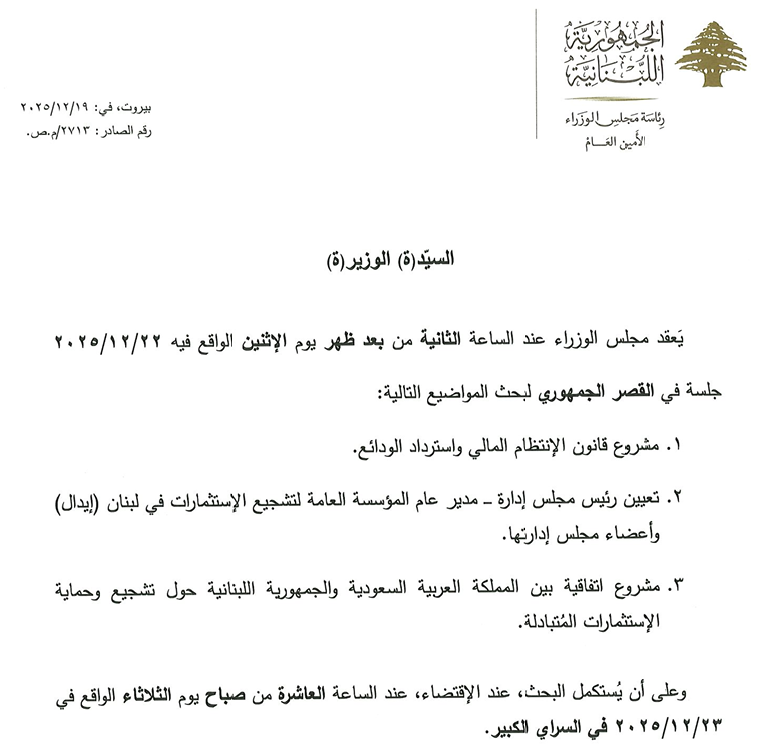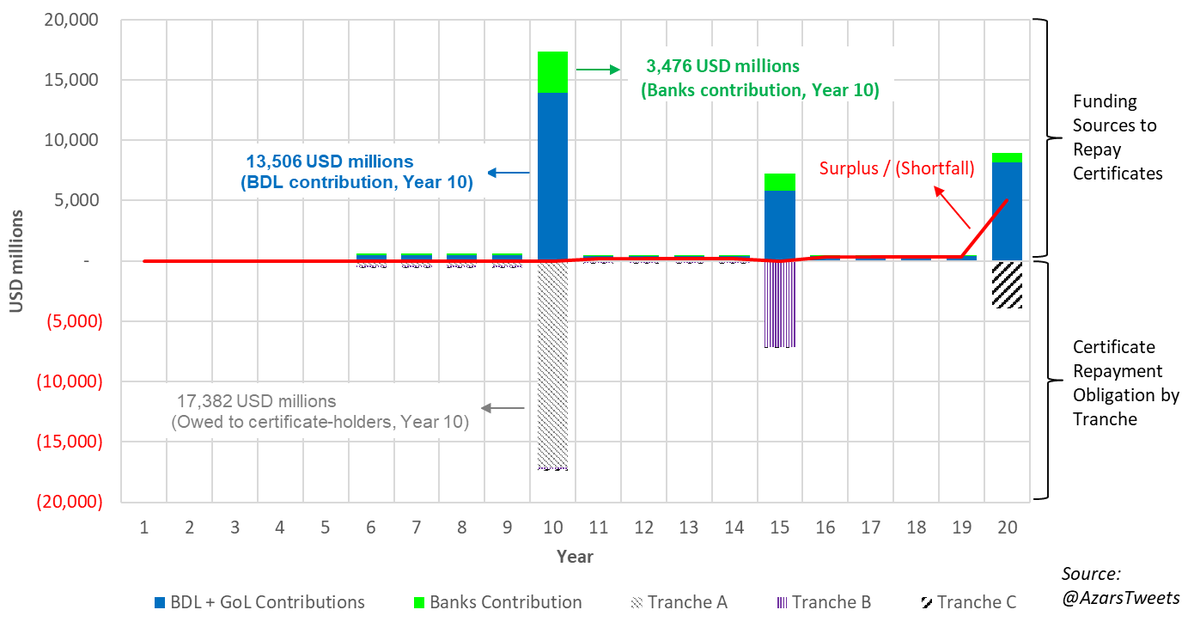1/ It's important to say that very little of what I've shared here in the last few months is original work. Nobody should get the impression that any one person can know and do all this alone. It has always been a team effort.
We all learned about central banking and macro from @AndyKhalil1 @lebfinance @nafezouk @EHSANI22
We learned about Basel and IFRS from @Marguerittacb
@OmarTamo19 taught us about the Lebanese exchange rate market
@dgheim helped us consider the role of tech
We learned about Basel and IFRS from @Marguerittacb
@OmarTamo19 taught us about the Lebanese exchange rate market
@dgheim helped us consider the role of tech
@HuseinNourdin taught us about the history of political/econ developments and unfulfilled promises
@masss11 taught us about LBP bank notes
@Jessica_Obeid taught us about electricity sector reform
The #agrinerds taught us about food security and the future of agriculture
@masss11 taught us about LBP bank notes
@Jessica_Obeid taught us about electricity sector reform
The #agrinerds taught us about food security and the future of agriculture
@PaulAbiNasr about issues of concern to industry
@ritabes helped us understand the Eurobonds
@aliamoub @gerard_zouein's work is top notch
@Mohdfaour89 tracked the history of financial sector with precision
@ritabes helped us understand the Eurobonds
@aliamoub @gerard_zouein's work is top notch
@Mohdfaour89 tracked the history of financial sector with precision
The Govt Plan & ABL Contribution provided useful info as well.
Just the comments/DMs on Twitter are a university degree on their own.
Just the comments/DMs on Twitter are a university degree on their own.
I've learned from dozens of people over the months, people who have actually done original work. The list is too long because the pool of Lebanese talent is insane. It's what keeps me optimistic.
It'd take days to list all of the people who have contributed. I'm forgetting many.
It'd take days to list all of the people who have contributed. I'm forgetting many.
All I'm good at is receiving, synthesizing, and communicating information, but maybe 5% of the work is purely original.
Follow all of the people above to stay up to date on the important challenges facing this country. They're the future.
Follow all of the people above to stay up to date on the important challenges facing this country. They're the future.
• • •
Missing some Tweet in this thread? You can try to
force a refresh








